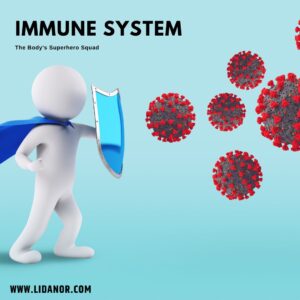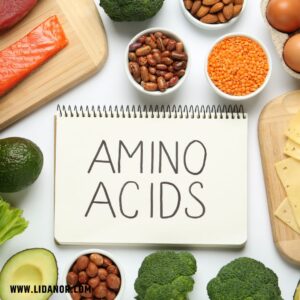
Vitamins, a group of 13 organic compounds, may be small but play a vital role in virtually every physiological process. These essential micronutrients act as facilitators and regulators, ensuring the smooth operation of countless biochemical reactions within the body.
A Functional Symphony: Understanding Vitamin Diversity
Each vitamin has a distinct function, working in concert with others to maintain optimal health. Here’s a glimpse into the diverse roles of some key vitamins:
- Vitamin A: Crucial for vision, immune function, and cellular differentiation.
- B Vitamins: A complex group essential for energy metabolism, neurological function, and red blood cell production. (Think B12 for nerve function, B6 for protein metabolism, and folate for cell division).
- Vitamin C: A potent antioxidant supporting the immune system, collagen synthesis, and wound healing.
- Vitamin D: Promotes calcium absorption for bone health and plays a role in immune function.
- Vitamin E: Another antioxidant offering protection against cellular damage.
Dietary Sources: Fueling Your Body’s Micromanagers
Obtaining vitamins through a balanced diet is the ideal approach. Here are some rich sources of essential vitamins:
- Vitamin A: Found in orange and yellow fruits and vegetables (carrots, sweet potatoes), as well as dairy products and oily fish.
- B Vitamins: Abundant in whole grains, legumes, nuts, seeds, and lean meats.
- Vitamin C: Citrus fruits, berries, kiwi, bell peppers, and broccoli are all excellent sources.
- Vitamin D: Can be synthesized in the skin upon sun exposure, but also found in fatty fish and fortified foods.
- Vitamin E: Nuts, seeds, leafy green vegetables, and vegetable oils are good sources.
Deficiency and Supplementation: Addressing Shortfalls
While a balanced diet is the cornerstone of vitamin intake, deficiencies can occur due to various factors. Here are some signs to watch out for:
- Fatigue and weakness: Common symptoms of B vitamin deficiencies.
- Night blindness: Can indicate a lack of Vitamin A.
- Easy bruising and poor wound healing: Suggests potential Vitamin C deficiency.
- Soft or brittle bones: May be linked to inadequate Vitamin D intake.
If you suspect a deficiency, consulting a doctor is recommended. They can assess your needs and determine if a vitamin supplement is necessary.
The Future of Vitamins: Personalized Nutrition and Beyond
The field of nutrition is evolving towards personalized recommendations based on individual needs and genetic makeup. This “precision nutrition” approach may optimize vitamin intake for specific health goals. Additionally, research on the interaction of vitamins with other nutrients and their impact on chronic disease prevention is ongoing.
Conclusion:
Vitamins, though tiny, are essential for a healthy and well-functioning body. By understanding their unique roles and incorporating a balanced diet rich in diverse food sources, you can empower your body’s micromanagers and optimize your overall health. Remember, a balanced diet is the best way to obtain vitamins, but consulting a doctor can help address any potential deficiencies and ensure you’re on the path to optimal health.






